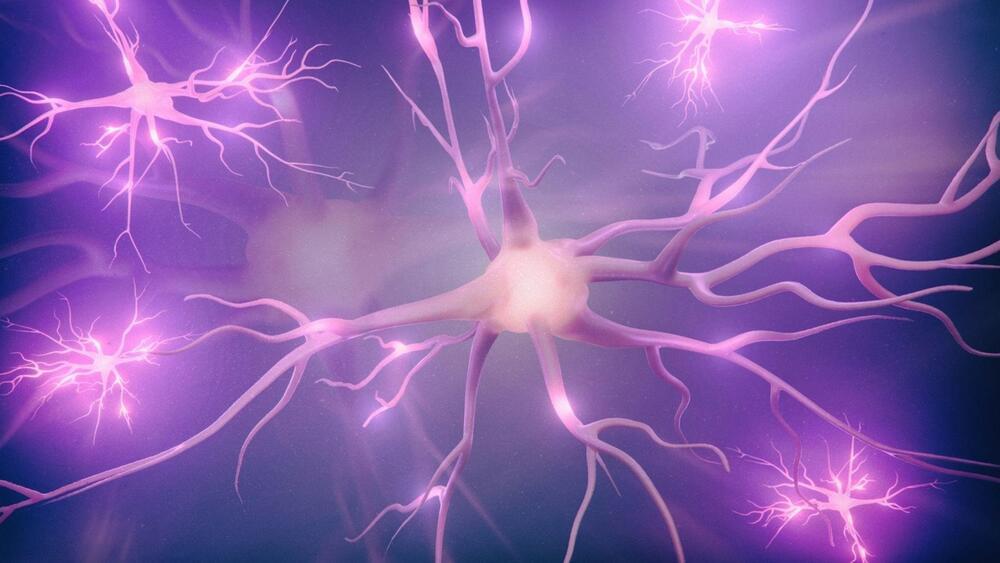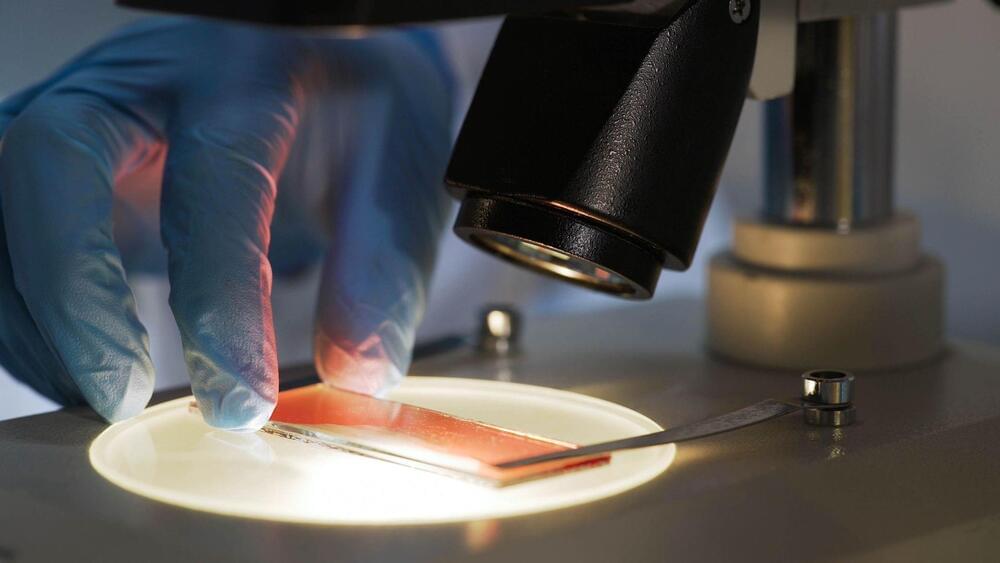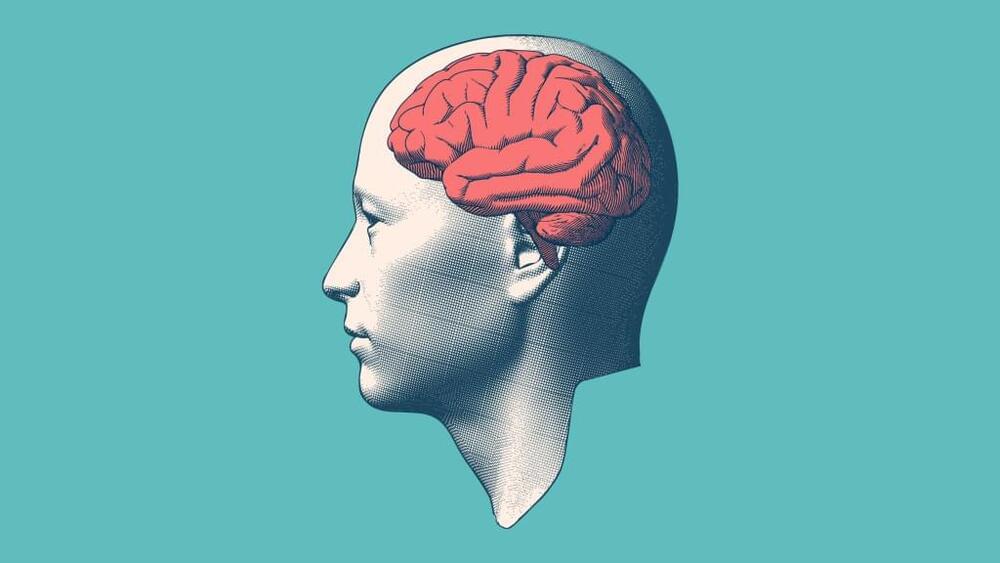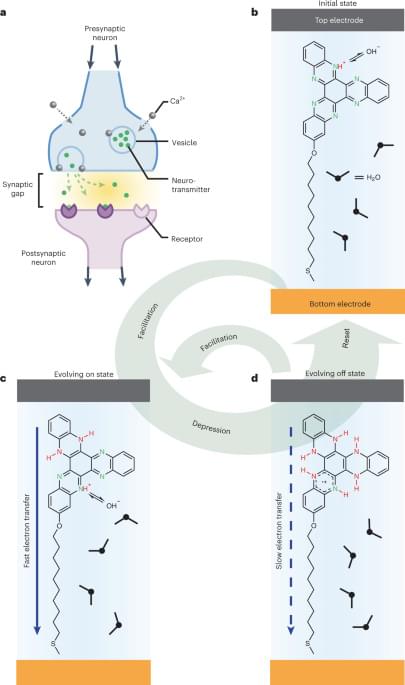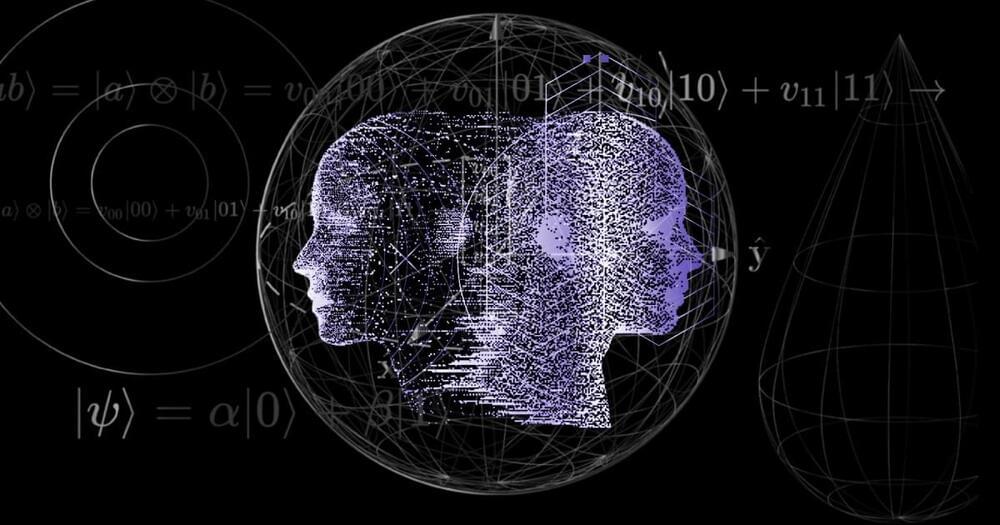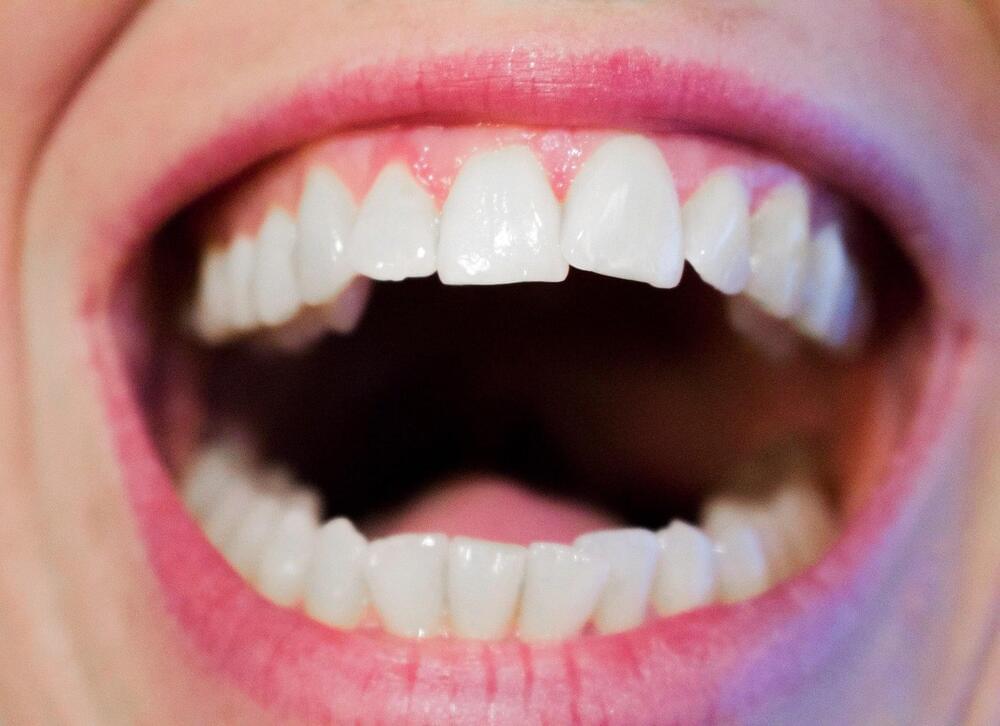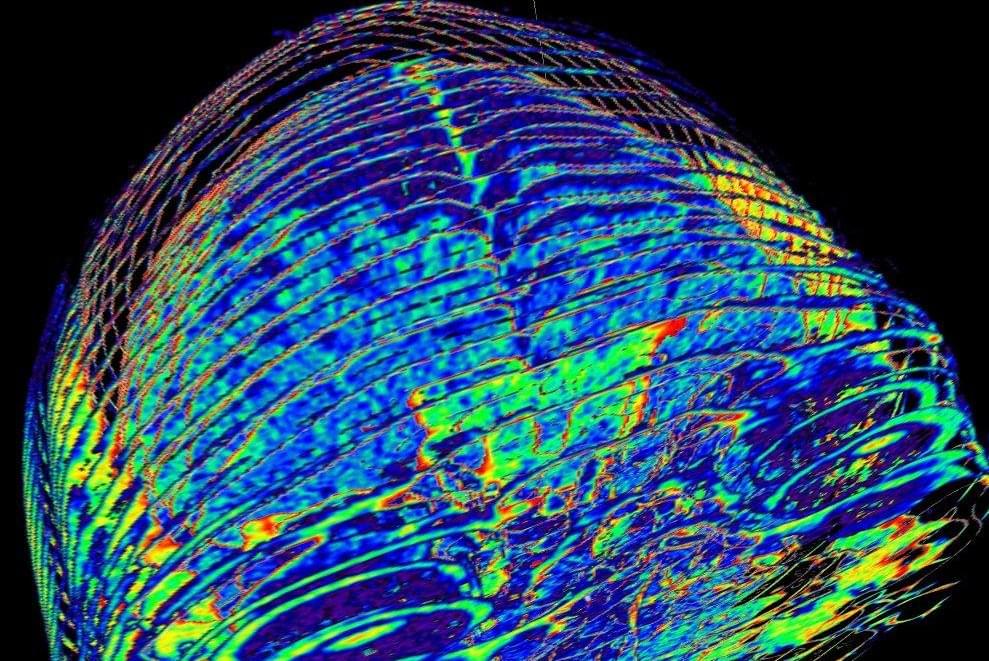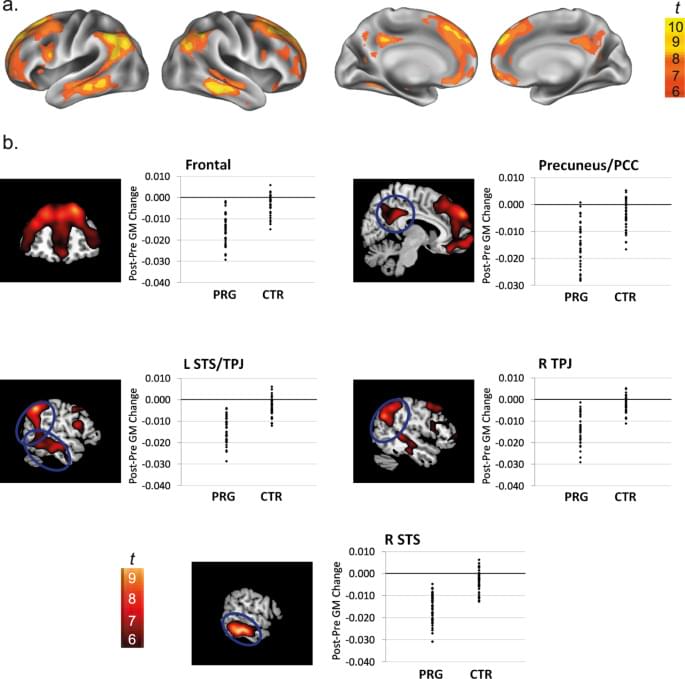Some neuroscience studies suggest that distinct human emotional states are associated with greater activity in different regions of the brain. For instance, while some parts of the brain have been associated with all emotional responses, the hypothalamus has often been linked to sexual responses and feelings of intimacy, the hippocampus to the retrieval of emotion-eliciting memories, and the amygdala to fear and anger.
Humans can experience emotional responses to an extremely wide range of sensory and environmental stimuli, including the food they consume. So far, however, relatively few studies have explored the link between emotional states elicited by different food flavors and activity in different parts the cortex (i.e., the part of the brain responsible for higher cognitive processes).
Researchers at Niigata University, Hyogo College of Medicine, Meiji University, the Sakagami Dental Clinic and Otemae Junior College have recently carried out a study investigating the emotional responses elicited by differently flavored chewing gums and the cortical activity associated with these responses. Their findings, published in Frontiers in Neuroscience, highlight the potential role of the left prefrontal cortex in eliciting emotional states during the consumption of palatable (i.e., pleasant-tasting) or less flavorful foods.

